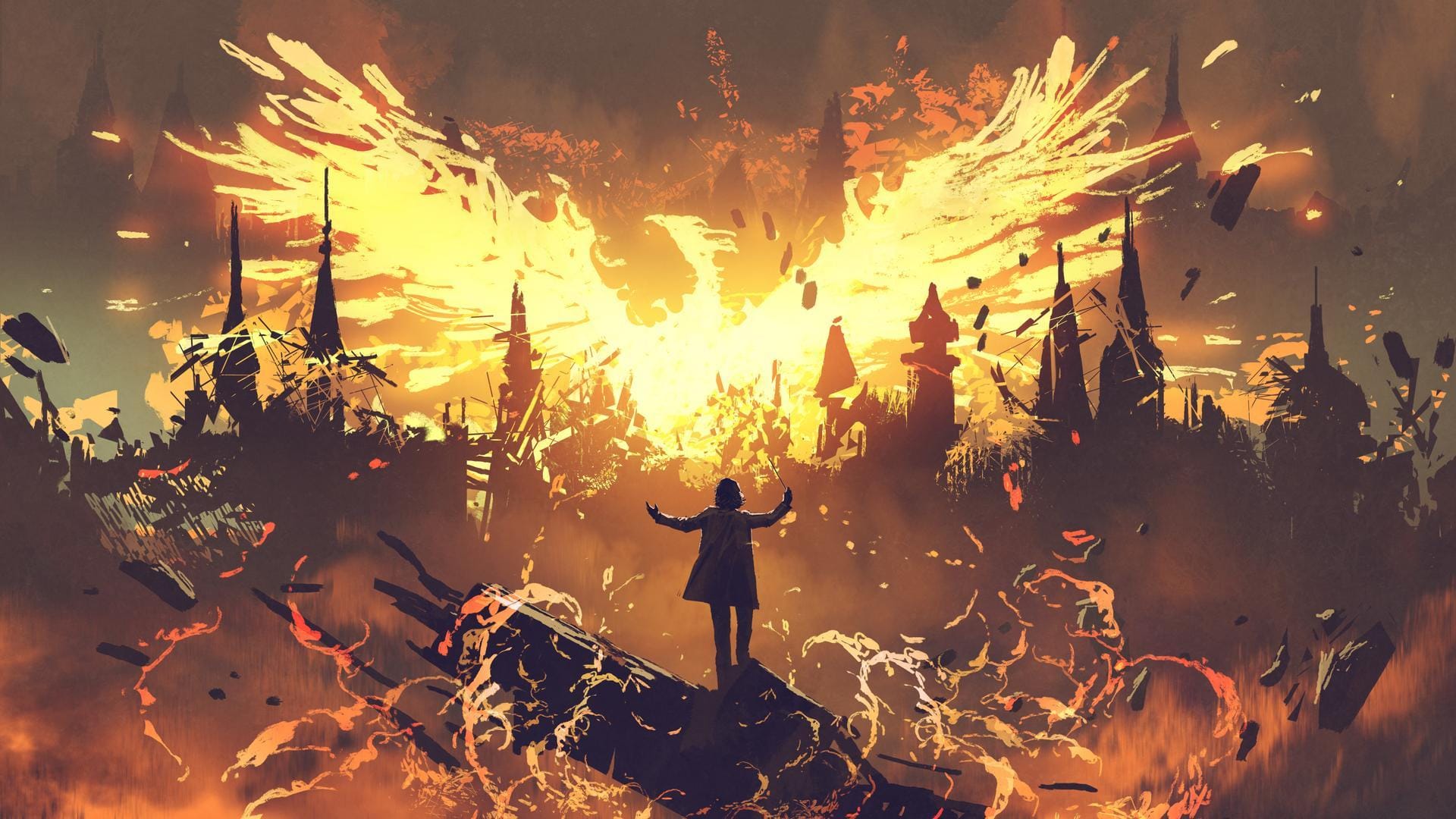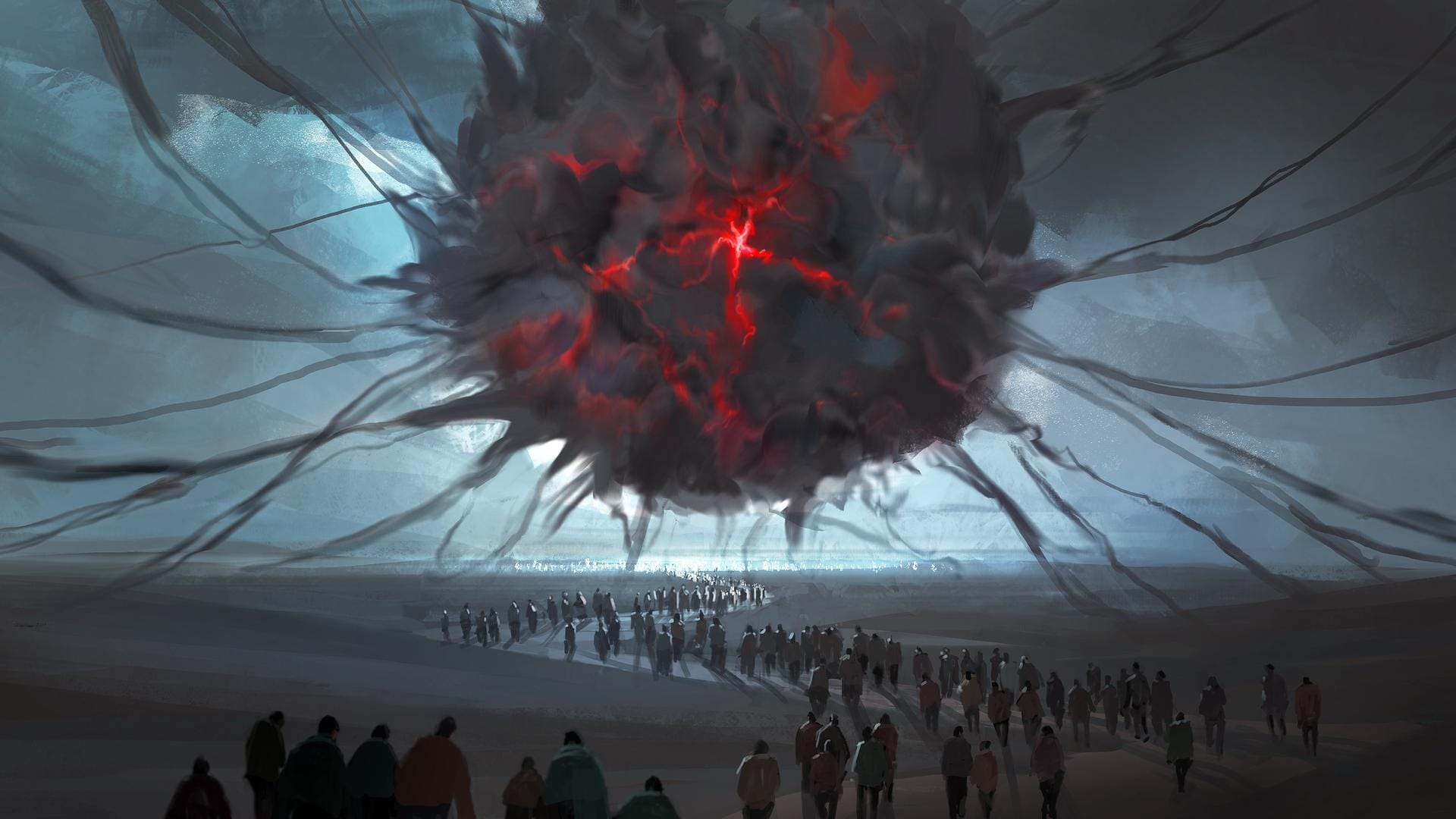After careful thought and much deliberation, Gregory Colton decided the days were too long in these northern countries.
He yawned, reclining back against the bench and letting his tired eyes slip closed. The thought was a recurring one since he first entered this northern territory and was overwhelmed by heat and light. Even though he was indoors, he knew the sun was outside waiting for him. It rose too early in the morning and refused to dip below the horizon until late in the evening.
He had arrived in the kingdom of Comer two sweaty days ago on foot. It was miserably humid, with barely any breeze. Now he lived in a perpetual state of sweaty exhaustion.
How could people survive such stifling weather? True, the land was beautiful: a tapestry blending into the horizon that would make even the most talented of artists envious. But such beauty didn’t make him chafe any less.
Gregory let out a deep breath and wiped the sweat and salt off his brow. He lived far to the south, where the weather was less consistent and the days shorter. Clouds dominated his home, and rain was a near constant companion.
Thinking of the city he grew up in made him homesick. Here, in a tavern two hundred miles away from his family, he couldn’t help but be curious about what the people he used to know were doing. It was summer back there as well, but that would mean cool days and relaxing temperature, tending to crops or fishing. No doubt the sun had already set, and many would prepare to sleep.
He missed it. But to return home now would certainly put him in prison.
“You drinking anything?”
Gregory turned on his stool, facing the barkeep and letting out a yawn. He was a short man, balding and fat and wearing overalls. “I haven’t decided.”
“You haven’t decided?”
“Not yet,” Gregory replied. “I’m not sure if I want the wine that tastes like vinegar or the beer that tastes like piss.”
The barkeep narrowed his eyes, and Gregory realized he’d offended him. He hadn’t expected to meet a sensitive barkeep, and the heat was making him cranky.
Still, if he had been thirsty, he wouldn’t risk it now. No telling what would come in the cup.
“I don’t think I’ll have anything today.”
“Then it might be best you move along,” the barkeep said.
“That it might,” he said. He let out another yawn and stumbled off his stool. His legs were tired, but he knew he had to keep moving, just in case someone was following him.
He’d spotted a caravan upon first entering Marisburg—the sad little town he found himself in—several hours earlier, and he knew it was heading north as well. These were dangerous territories, and it would be ill advised to travel the roads of Comer alone. If he didn’t get passage on this caravan, he would be forced to wait until he found another. And that might not be for weeks.
The route he had chosen would end up in Bridane, the capital city of Comer, two hundred miles further to the northwest. But the road would travel immediately north and then cut west after bypassing the mountains.
There would be no civilization until they reached the outlying city of Mulrich, and since the territory Mulrich sat in was only recently acquired by the Kingdom, it wasn’t often patrolled.
Bandits were the mainstay from this point on in his journey, and Gregory wasn’t much of a fighter. The modest training his father had given him might help against, perhaps, a rabbit, in close combat.
There would be safety in numbers if he could join the caravan, but he also didn’t like the idea of traveling while exhausted. He wondered how these local people could maintain such high levels of energy throughout these long days. The heat was too oppressive for him to desire anything except to find a comfortable bed.
Gregory headed out of the tavern into the streets. The city was small but harried, with a great many tradespersons and citizens perpetually running to accomplish one task or another.
Where he grew up, people rarely came to town at all. They kept to themselves and went about their private business. Town was a place to stock up on supplies and swap stories as far as Gregory was concerned, and it seemed unreasonable for so many people to confine themselves in so undersized an environment.





Join the Discussion